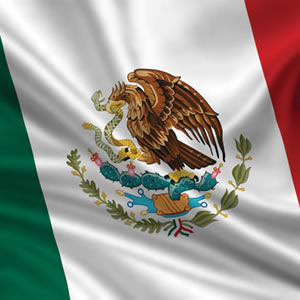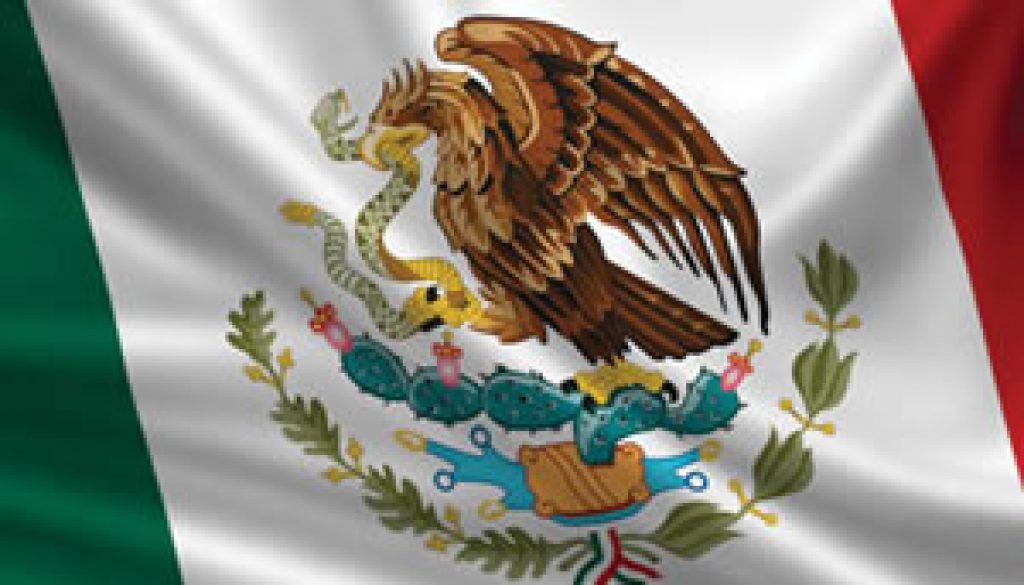The “Pact for Mexico” achievements in its first year
 By Adina Moloman
By Adina Moloman
The Pact for Mexico is a multi-partisan agreement of 95 major reform commitments that was signed by Enrique Pena Administration and representatives of the major political parties. The pact represents a consensus between representatives from the three main political forces after many years of polarization, and a big achievement, considering the hostile context in which it was created.
The document is structured around five core themes reaching economic, social and political aspects: education, culture, human rights, security and the fight against poverty; measures against monopolies; reform of telecommunications, energy reform; improve tax collection and transparency in government spending; working on science, technology and innovation; police and prison reform; etc.
A year has passed since the pact was born and progress on reform has been achieved since then. The country has many restrictions on foreign ownership especially affecting those manufacturing in Mexico and they include state-owned monopolies in the electricity and oil (a Mexico Corporation) and gas sectors, or with a high degree of market concentration in some other sectors such as in the agriculture, telecommunications, media, transport and financial services sectors. So, Congress approved a Telecommunications Bill that would make constitutional changes to address competition issues, in April 2013.
The proposal is encouraging for limited free competition in television, radio, fixed telephones and cell phones, data services and new communication technologies. The initiative was passed by congress last year.
Reform of the financial sector, dominated by foreign banks, also was presented last year. The new proposal was presented to the Congress in order to change the legal framework so as to lower the cost of credit, reduce the prices of financial services and improve the treatment of non- performing loans.
The education reform has concentrated on limiting union power in designing educational policy and to make teachers more accountable for performance.
Last December 2013, Mexico’s Senate approved the controversial energy reform bill. Now there is a constitutional amendment that allows risk and profit sharing with the private sector, where private oil companies are allowed to pump crude for the first time in decades. The bill would also allow more private participation in electricity generation in an attempt to reduce prices.
The Pact for Mexico will continue to offer potential solutions to some major national problems, with its concrete public policy proposals, many of which point in the right direction.





